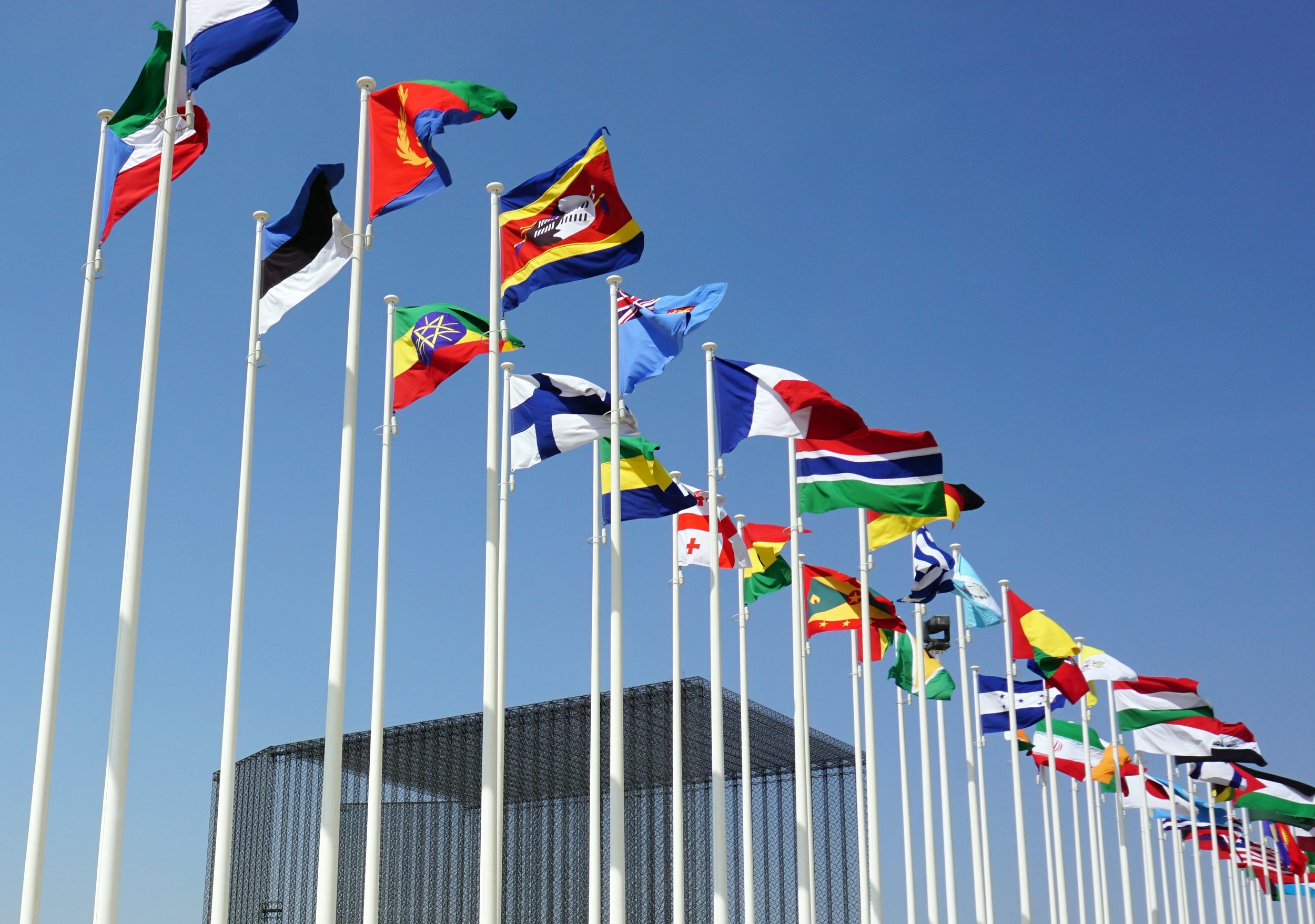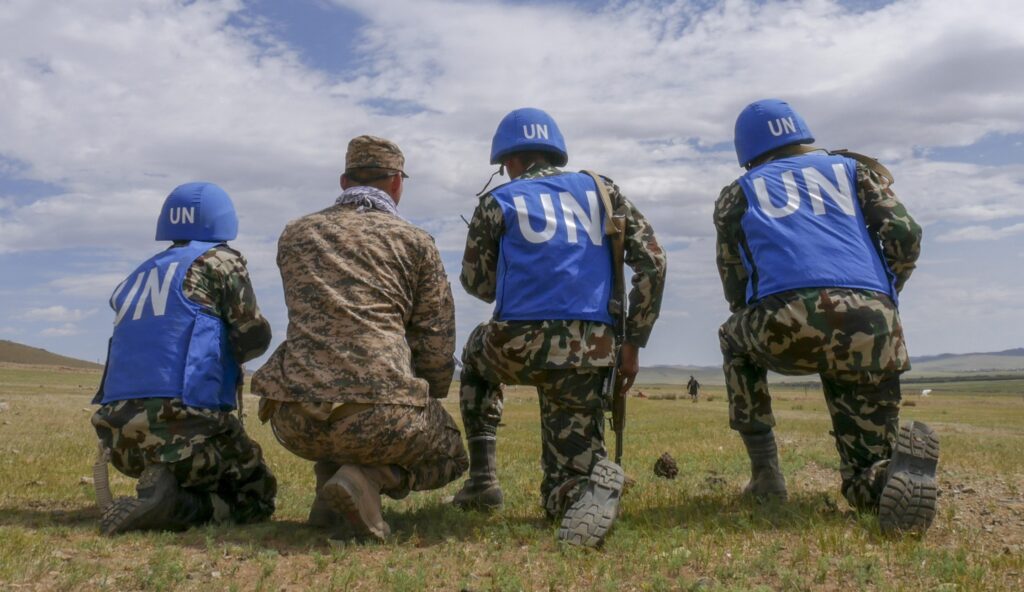Recently, an opinion piece by BWC President Peter Yeo appeared in U.S. News and World Report. At a time when a vocal minority in Congress has proposed eliminating funding to the United Nations, Yeo offered this sober reminder: “If we cut off funding to the UN, we can no longer sit – literally or symbolically – at the very tables where we have long projected and protected our own needs.”
We spoke with Yeo on why he chose to sound the alarm, as well as the wide-reaching implications of Congress’ short-sighted posturing.
BWC: Your recent piece is a wake-up call for the U.S. to pay its UN dues. Why was it important to get that message out now?
Yeo: Some lawmakers might not be fully aware of how the UN serves America’s interests. This has led to a misperception that the UN is optional, rather than an essential element of foreign policy. That’s a really dangerous perception.
Let me give you an example. Let’s say there was another situation like Ukraine, where an authoritarian regime preemptively invaded another country without cause. And let’s say that country was an ally of the United States. Can you imagine the U.S. trying to rally nations of the world to our point of view without actually being at the table where these very debates were taking place? If we don’t pay our dues, we’re not in those debates. We’d have zero credibility—no standing. Would we be comfortable sitting on the sidelines and hoping our allies make the case on our behalf?
Here’s another example. The Pew Research Center published a study in May about Americans’ views of China. 71% believe China’s influence in the world has been getting stronger. Concerns about China are one of the few areas of bipartisan agreement on Capitol Hill, too. So what sense does it make to abandon one of the few places where this geopolitical competition plays out? Whether it’s putting American candidates forward to lead UN agencies or making sure the human rights language in official documents is reflective of U.S. values, the UN is, to quote a phrase, the room where it happens.
BWC: There seems to be a big disconnect between American values—a belief in helping the less fortunate, say, which the UN does exceedingly well—and the House spending bill that zeroes out the UN’s budget and cuts funding for groups like UNICEF. What explains the disconnect?
Yeo: Let’s face it—the UN can be an easy target for politicians. It’s big and complex. We’ve seen that the less people know about the UN, the more distrustful they are. The reverse is also true. We did a poll a few years ago and asked people to rate the UN’s most important humanitarian operations in Ukraine. Once people realized the scope of the UN’s work there, approval shot up 19 points among Independents, 11 points among Republicans and 10 points among Democrats.
This is not to say that there isn’t legitimate criticism of the UN or that it’s a perfect organization. It’s not. But zeroing out the UN’s regular budget—refusing to pay our dues—would be entirely self-defeating. And frankly, no one would be happier to see us head for the exit on the world’s biggest stage than America’s adversaries.
BWC: For those who argue that defunding the UN is a big cost savings, what do you say?
Yeo: “Not true!”
First, U.S. businesses get more in contracts from the UN—about $2.36 billion—than we pay in dues—around $2.1 billion. In 2022, the most recent year we have numbers, the U.S. was the largest supplier of goods and services to the UN in the world. If you add our dues together with voluntary payments to UN organizations like UNICEF and the World Food Programme, all totaled is still less than 1% of the federal budget. I’d argue that’s a pretty advantageous ROI that provides access to and influence in the place where world decisions are made – decisions that impact Americans.




